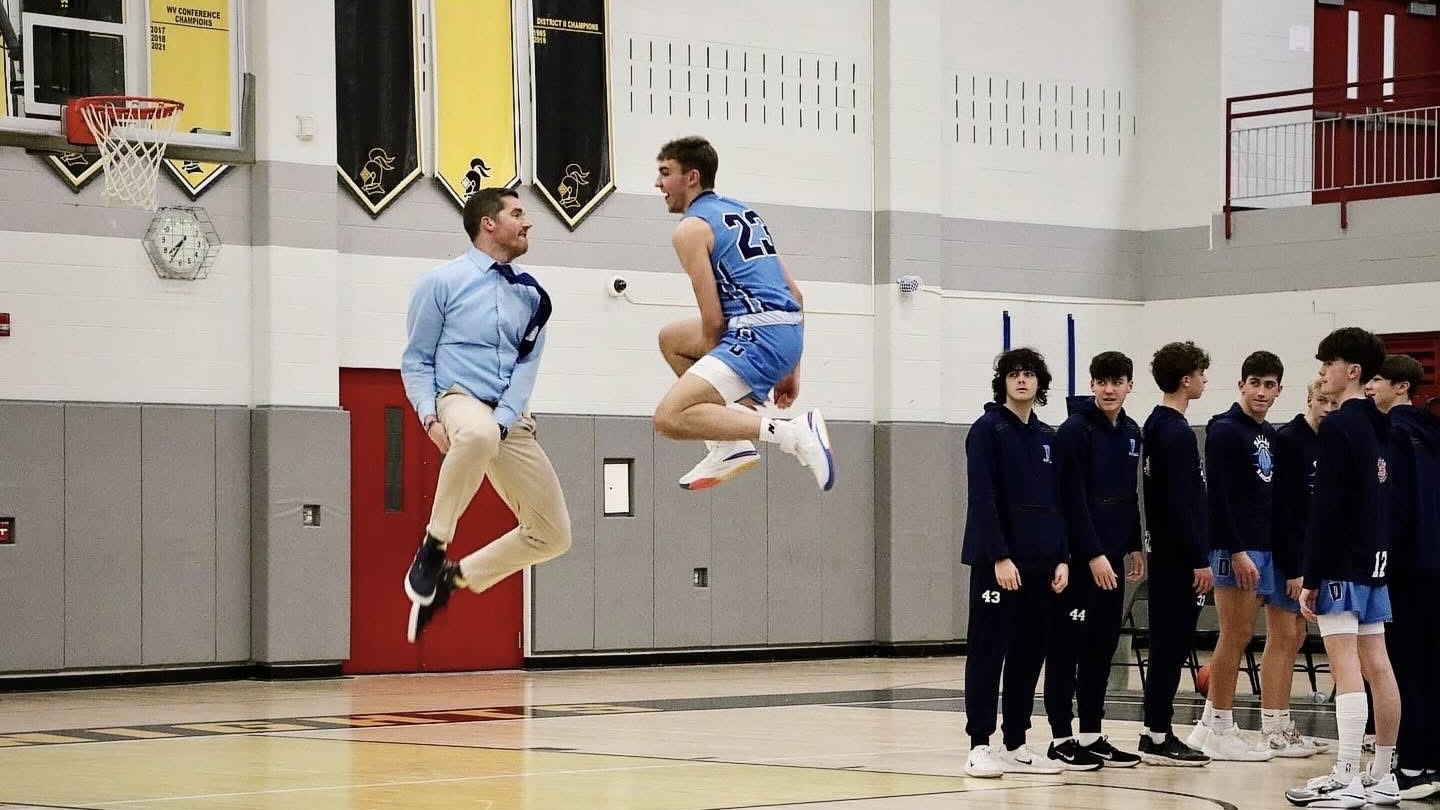
Beyond the Game: Athletes and the Growing Importance of Mental Health Support
By: Matt Flanagan | SportzWire | April 17, 2025 | Photo courtesy Melissa Dale
For many, sports are an escape—an outlet for joy, competition, discipline, and purpose. But behind the wins, highlight reels, and headlines, there lies a truth that’s gaining more attention than ever: athletes struggle with mental health too.
As someone who grew up playing basketball, I know firsthand how intense the pressure can be. There were times when I didn’t have the words or the support to talk about what I was feeling. I loved the game—but there were moments when the stress, expectations, and self-doubt became overwhelming. And back then, mental health wasn’t something you talked about, especially as an athlete.
Thankfully, times are changing.
Mental Health and Athletes: The Statistics
According to a recent NCAA study, more than 30% of student-athletes report feeling overwhelmed, anxious, or mentally exhausted. Even more concerning, 1 in 4 college athletes say they feel mentally burned out, with the numbers increasing significantly in high-pressure sports and elite levels of play.
A 2022 American College of Sports Medicine (ACSM) report showed:
35% of elite athletes experience anxiety and depression.
Female athletes report mental health struggles at nearly double the rate of male athletes.
Only 10% of college athletes seek professional help—often due to stigma, lack of awareness, or access.
These numbers are not just statistics—they’re reminders that even the most physically gifted individuals can be carrying invisible burdens.
The Power of Awareness: From the Ice Bucket to Mental Health Movements
We’ve seen the impact of awareness campaigns in the past—most notably the ALS Ice Bucket Challenge, which raised millions and brought visibility to a disease that was largely unknown. At USC, athletes used a similar platform to bring attention to mental health, pouring buckets of ice over their heads while encouraging peers to check in on one another, seek help, and break the silence.
These movements are meaningful because they normalize what many athletes feel but struggle to express: it’s okay to not be okay.
Resources for Athletes Struggling with Mental Health
Whether you’re a high school athlete, a college competitor, or just someone who loves the game—your mental health matters.
Here are some trusted resources that provide support:
NCAA Sport Science Institute – Offers mental health best practices and toolkits for athletes and athletic departments.
Website: www.ncaa.org/sport-science-
institute Athletes for Hope – “Whole Being Athlete†initiative
A nonprofit focused on supporting athletes beyond performance, including mental wellness.
Website: www.athletesforhope.org
JED Foundation – Mental Health for Students and Athletes
Offers resources for young people and schools to strengthen mental health systems.
Website: www.jedfoundation.org
Crisis Text Line – Free, 24/7 support:
Text “HELLO†to 741741 to connect with a trained crisis counselor.
Therapy Apps – Platforms like BetterHelp, Talkspace, and Headspace offer accessible options for mental health care, especially for athletes balancing busy schedules.
A Final Thought: It’s Bigger Than Sports
I still love basketball. I always will. But looking back, I wish I had someone telling me it was okay to ask for help. I wish I knew that struggling didn’t make me weak—it made me human.
If you’re an athlete—young or old—know this: you are more than your stats, your position, or your performance. You matter. Your mental health matters.
Let’s continue to talk about it. Let’s continue to support each other. And let’s build a future where mental health is as prioritized as physical strength in every athlete’s journey.
If you’re struggling, please reach out. You’re not alone.

 Facebook
Facebook Instagram
Instagram Twitter / X
Twitter / X YouTube
YouTube

